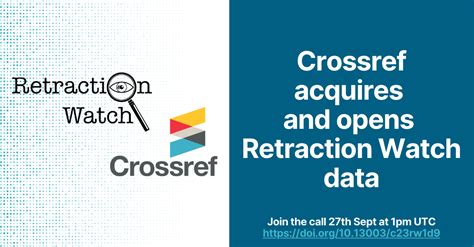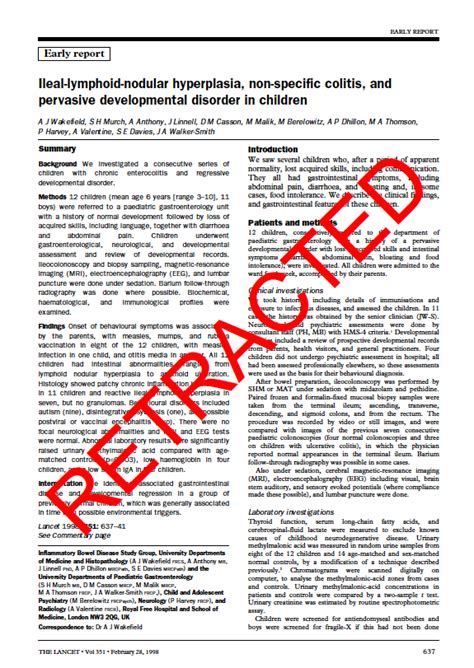algorithms to find fake data retraction watch | retraction watch database crossref algorithms to find fake data retraction watch The fraud prevention tool evaluates 30+ factors based on web traffic, profile information, submission stats and other server data, compiled by our proprietary algorithm, to . 801. VIEWS. Không cần đến kết nối mạng bạn cũng có cơ hội trải nghiệm các tựa game hay trên Mobile. Hôm nay CPMshare sẽ giới thiệu những tựa game nhập vai offline luyện lv cho Android và iOS “đỉnh của chóp” nhé. Mặc dù hiện nay game online trên smartphone vô cùng đồ sộ với .
0 · retraction watch database crossref
1 · retracted journal articles
2 · free retraction watch database
3 · crossref retraction watch
2137: Postal Code Name: Garkalne: County: Garkalnes novads: Timezone: Eastern European Summer Time (EEST) Adjacent Postal Codes: 1024 1079 2103 2118 2130 2133 2135 2136 2141 2164
The investigation, which wrapped up in December 2023, found Kameta had “independently committed research misconduct” by fabricating and falsifying data in 42 papers .
The Retraction Watch Database. PLEASE NOTE: The best way to make use of this database is to download it from here, thanks to the acquisition of the database by Crossref. We have also . The fraud prevention tool evaluates 30+ factors based on web traffic, profile information, submission stats and other server data, compiled by our proprietary algorithm, to .
Posts about faked data written by Timmy Broderick, Ivan Oransky, Adam Marcus, Alison McCook, Alison Abritis, and Victoria Stern. They produce manuscripts based on made-up, manipulated or plagiarised data, sell those fake manuscripts as well as authorship and citations, and engineer the peer-review .
On September 12, 2023, Crossref, a not-for-profit membership organization aiming to make research easy to find, cite, link, assess, and reuse, formally acquired the Retraction Watch database, a comprehensive database . The online spreadsheet, called the Retraction Watch hijacked journal checker, lists more than 150 titles and associated web addresses of allegedly hijacked journals. Miscreant researchers continue to find creative ways to game the publication system: they make fake e-mail addresses to impersonate reviewers, use paper mills, sell . Discussing the recent acquisition by Crossref of Retraction Watch’s database of retracted articles, Ivan Oransky and Rachael Lammey highlight the value of this data and the .
1. Retraction Watch and PubPeer are two online resources that can help journalists identify and track research fraud and errors. Retraction Watch, a blog launched in .
The investigation, which wrapped up in December 2023, found Kameta had “independently committed research misconduct” by fabricating and falsifying data in 42 papers published between 2005 and 2022. According to the findings, Kameta cut out parts of electron micrographs to portray them as different structures.The Retraction Watch Database. PLEASE NOTE: The best way to make use of this database is to download it from here, thanks to the acquisition of the database by Crossref. We have also made changes to the search functionality to maintain reliability. For . The fraud prevention tool evaluates 30+ factors based on web traffic, profile information, submission stats and other server data, compiled by our proprietary algorithm, to find fake profiles, impersonators and other unusual activity.
Posts about faked data written by Timmy Broderick, Ivan Oransky, Adam Marcus, Alison McCook, Alison Abritis, and Victoria Stern.
They produce manuscripts based on made-up, manipulated or plagiarised data, sell those fake manuscripts as well as authorship and citations, and engineer the peer-review process. On September 12, 2023, Crossref, a not-for-profit membership organization aiming to make research easy to find, cite, link, assess, and reuse, formally acquired the Retraction Watch database, a comprehensive database of retractions. The online spreadsheet, called the Retraction Watch hijacked journal checker, lists more than 150 titles and associated web addresses of allegedly hijacked journals. Miscreant researchers continue to find creative ways to game the publication system: they make fake e-mail addresses to impersonate reviewers, use paper mills, sell authorships and more.
Discussing the recent acquisition by Crossref of Retraction Watch’s database of retracted articles, Ivan Oransky and Rachael Lammey highlight the value of this data and the difficulties of making it openly and sustainably accessible. 1. Retraction Watch and PubPeer are two online resources that can help journalists identify and track research fraud and errors. Retraction Watch, a blog launched in 2010, is a treasure trove of information about research papers that have been removed from academic journals. The website features: The investigation, which wrapped up in December 2023, found Kameta had “independently committed research misconduct” by fabricating and falsifying data in 42 papers published between 2005 and 2022. According to the findings, Kameta cut out parts of electron micrographs to portray them as different structures.
burberry backpack price
The Retraction Watch Database. PLEASE NOTE: The best way to make use of this database is to download it from here, thanks to the acquisition of the database by Crossref. We have also made changes to the search functionality to maintain reliability. For . The fraud prevention tool evaluates 30+ factors based on web traffic, profile information, submission stats and other server data, compiled by our proprietary algorithm, to find fake profiles, impersonators and other unusual activity. Posts about faked data written by Timmy Broderick, Ivan Oransky, Adam Marcus, Alison McCook, Alison Abritis, and Victoria Stern. They produce manuscripts based on made-up, manipulated or plagiarised data, sell those fake manuscripts as well as authorship and citations, and engineer the peer-review process.
On September 12, 2023, Crossref, a not-for-profit membership organization aiming to make research easy to find, cite, link, assess, and reuse, formally acquired the Retraction Watch database, a comprehensive database of retractions. The online spreadsheet, called the Retraction Watch hijacked journal checker, lists more than 150 titles and associated web addresses of allegedly hijacked journals. Miscreant researchers continue to find creative ways to game the publication system: they make fake e-mail addresses to impersonate reviewers, use paper mills, sell authorships and more.

Discussing the recent acquisition by Crossref of Retraction Watch’s database of retracted articles, Ivan Oransky and Rachael Lammey highlight the value of this data and the difficulties of making it openly and sustainably accessible.
retraction watch database crossref

Gardevoir LV.X 131/132 is a Lv. X card and belongs to Ultra Rare cards of Secret Wonders series. The price comparator of blueumbreon.com finds the best deals to buy Pokémon card Gardevoir LV.X 131/132 on eBay at best price.
algorithms to find fake data retraction watch|retraction watch database crossref




























